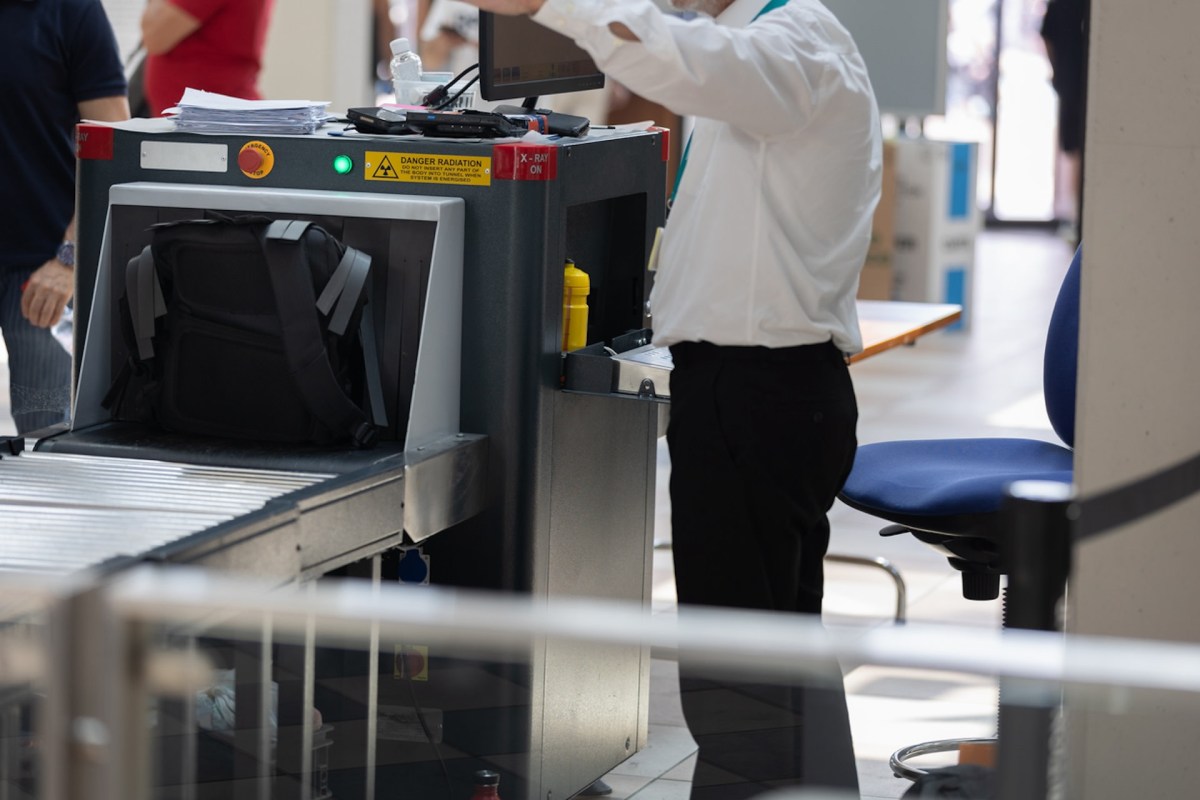Customs officials in Bangkok arrested six Indian nationals last month after they tried to smuggle 87 exotic animals, some of which are an endangered species, out of Thailand.
What happened?
The five men and one woman were caught carrying 29 black throat monitor lizards, 21 snakes, 15 birds, including parrots, a pair each of red-eyed squirrels and bats, a Sulawesi bear cuscus, a red panda, a tigerfish, a frog, cotton-top tamarins, and several chameleons at a security check at Suvarnabhumi Aiport.
The suspects attempted to transport the wildlife in baskets, plastic tubs, and bags stuffed in at least eight suitcases to Mumbai's Chhatrapati Shivaji Maharaj International Airport.
Why is the smuggling concerning?
Thailand's robust biodiversity, geographical location, and well-connected transportation system have turned the nation into a hotspot for the multibillion-dollar trade of wildlife trafficking. The Guardian listed China and Vietnam as the primary targets for smugglers looking to sell the animals, with India growing into another attractive market.
"The incredible number and diversity of species being smuggled between southeast Asia and south Asia is mind-boggling," Kanitha Krishnasamy, the Southeast Asia director for the wildlife trade monitoring program TRAFFIC, said to the Guardian. "In the most recent case, you have wild species from South America all the way to the Himalayas and Indonesia."
A few of the creatures in the luggage are listed on the International Union for Conservation of Nature's Red List of Threatened Species. The organization classifies bear cuscuses as vulnerable, red pandas as endangered, and cotton-top tamarins as critically endangered.
What's being done about the smuggling?
The individuals could receive up to 10 years of imprisonment or a fine quadruple the amount of import duties if convicted.
Meanwhile, Krishnasamy noted how airport employees can help prevent similar cases from occurring.
"Airlines and the transport sector play a crucial role, as frontliners who come across these bags being loaded onto a plane or sent as cargo. They have the ability not only to detect but collaborate with enforcement agencies to identify the parties involved in the trafficking chain."
Join our free newsletter for cool news and cool tips that make it easy to help yourself while helping the planet.









